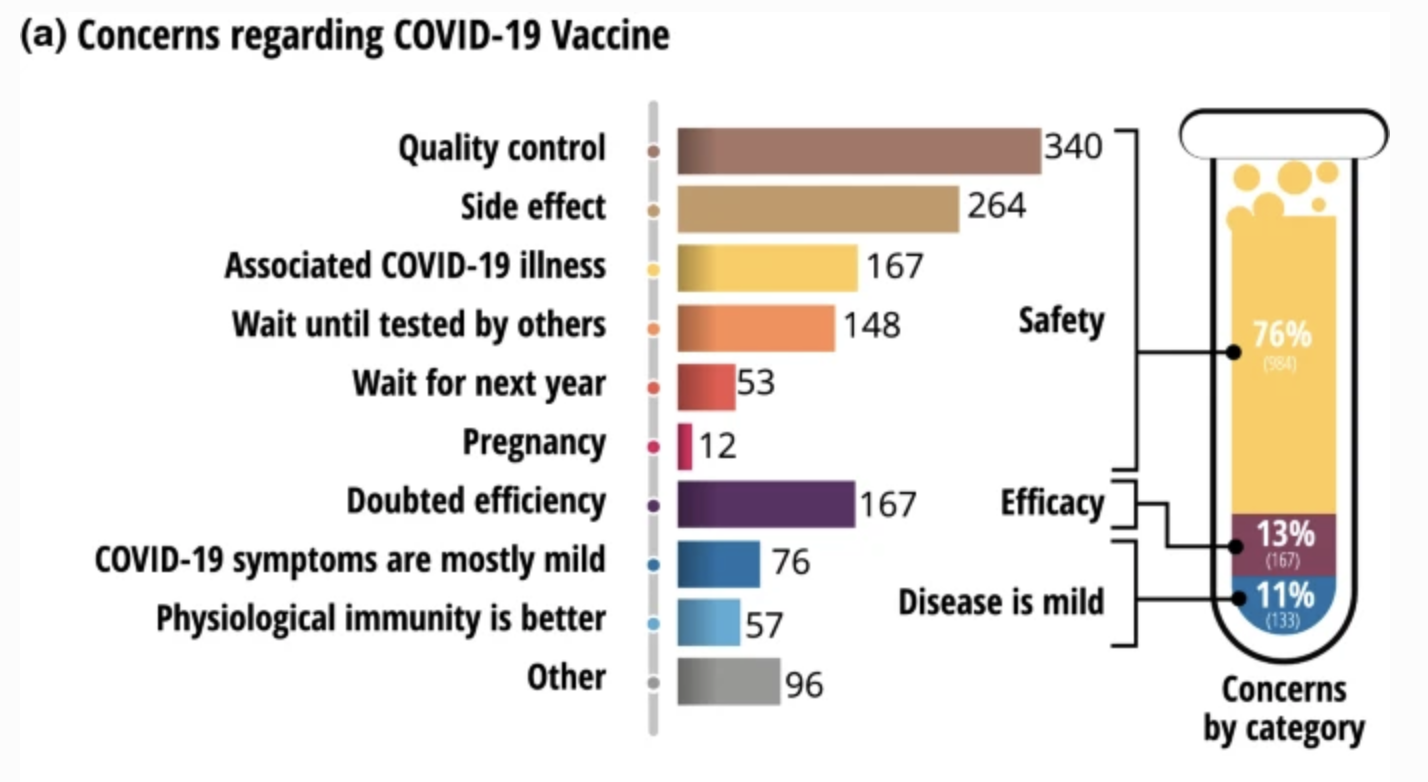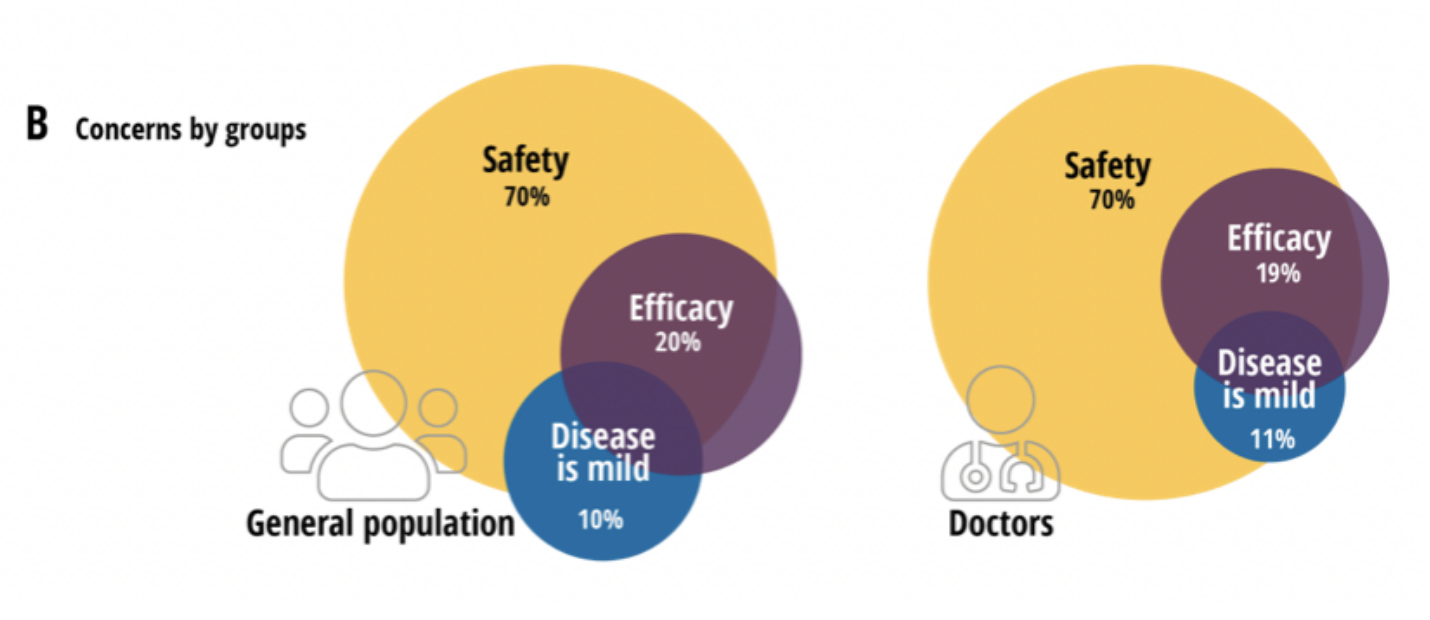Artificial Intelligence — The Secret Weapon in Combatting Vaccine Hesitancy
Vastly more efficient and accurate than traditional data entry and analysis, NLP will be able to use the data it has gathered to predicate future events and contextual parameters that can uncover adverse event patterns. This will prove crucial in the fight against Covid-19 and vaccination hesitancy. Having access to a greater data pool will give health officials the resources and information necessary to assure the public that the vaccine is indeed safe and effective.


Artificial Intelligence — The Secret Weapon in Combatting Vaccine Hesitancy
This week proved a pivotal one in the fight against Covid-19 as healthcare workers across the nation received their first dose of the Covid-19 vaccine. In a year many will remember as one of the most challenging of their careers, this news has provided a much needed beacon of hope, but this fight is long from over. Aside from logistical issues surrounding vaccine distribution, one of the greatest hindrances in immunizing the general population is vaccine hesitancy.
Vaccination practices have long breed rifts through communities, and the Covid-19 has proved no exception. Polls now estimate only about half of Americans would be willing to receive the vaccine which presents an issue as according to Cornell University researchers’ estimate achieving herd immunity would require that roughly 70% of the population to be vaccinated. When asked about their hesitancy to receive the vaccine one of the most common sentiments was concerns that risks and potential side effects of the vaccine were still not fully understood due to the accelerated development timeline.

Unfortunately, due to the urgent nature of the pandemic, typical vaccination research protocol is not possible. According to Updesh Dosanjh, practice leader of technology solutions at IQVIA, “We’re not going to be able to use the traditional approach of rolling [the vaccine] out into a small population group, monitor them heavily, then into a larger population group and so forth”. Instead the process will have to take place concurrently with continued vaccination efforts. “The Pfizer vaccine, for example, uses a two-injection scenario delivered three weeks apart,” Dosanjh said. It would be ideal to know if there’s a potential problem before a patient receives a second dose of the vaccine. “But traditional essentially manual data diving is not going to get you there, no matter how many people you throw at it,” he added. Naturally, this has caused a certain degree of skepticism amongst many. While real-time results can only come in so fast, Artificial Intelligence offers us an alternative when it comes to assessing the safety and efficacy of the vaccine.
Navigating uncharted waters, government agencies from the CDC and HHS to the FDA are now looking to AI to aid in the mass vaccination effort. Tools such as Natural Language Processing (NLP), are now being implemented to mine real-world data on vaccines as they become broadly available. As Drug Discovery and Development reports, “NLP algorithms can read and normalize adverse event data. Using automated techniques for data ingestion allows an almost immediate analysis. NLP systems can find patterns in adverse events and identify anomalies. The technology also supports simultaneous quantitative and qualitative data analysis, enabling fast adverse detection and monitoring ”. Vastly more efficient and accurate than traditional data entry and analysis, NLP will be able to use the data it has gathered to predicate future events and contextual parameters that can uncover adverse event patterns.

With a process like this in place, AI will be able to generate far more data in far less time than previously possible. This will prove crucial in the fight against Covid-19 and vaccination hesitancy. Having access to a greater data pool will give health officials the resources and information necessary to assure the public that the vaccine is indeed safe and effective. While this may not curtail more extreme anti-vaxxers, a separate issue entirely, for those whose hesitancy revolves around the vaccine’s current lack of data, the increased information provided may be able to lend the answers that inspire greater confidence. In the fight to reach herd immunity AI might just be our strongest weapon yet.
text
Related Stories
Realize the full potential of Healthcare AI with DeepScribe
Explore how DeepScribe’s customizable ambient AI platform can help you save time, improve patient care, and maximize revenue.




